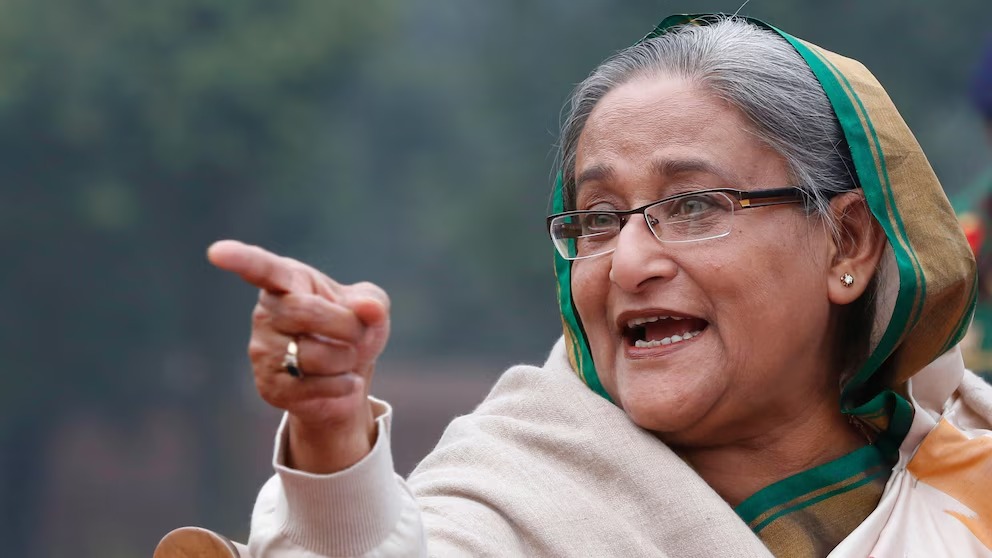
The ruling found that Hasina, 78, permitted lethal force to be used against demonstrators, with around 1,400 people killed during last year’s unrest. She was tried in absentia by Bangladesh’s International Crimes Tribunal after fleeing to India in July 2024.
Prosecutors accused her of directing hundreds of killings. Hasina rejected all allegations, calling the proceedings politically driven. Her conviction had long been expected, yet the verdict marks a turning point for Bangladesh and is seen by many as a validation of the protest movement born out of deep frustration with years of tightening repression under her rule.
The decision also complicates relations between Dhaka and Delhi. Bangladesh has sought her extradition, but India has shown no intention of sending her back, making it unlikely that the sentence will be enforced.
Hasina governed for 15 years, overseeing economic growth while increasingly suppressing dissent through arrests, disappearances and extra-judicial killings. The protests that removed her from power eventually led to Nobel laureate Muhammad Yunus heading an interim government.
In a written response, Hasina claimed the death sentence was designed to erase her Awami League as a political force. She maintained she would gladly face a fair and independent tribunal.
Bangladesh’s interim administration described the ruling as historic but urged calm, acknowledging that emotions around the case remain intense. Judge Golam Mortuza Mozumder said Hasina was convicted of incitement, ordering killings and failing to prevent atrocities.
The student-led uprising began with demands to reform job quotas but soon expanded into a broad anti-government movement. A UN human rights report later said the killings could amount to crimes against humanity, citing shootings at close range, deliberate maiming, arbitrary detentions and torture.
UN officials called the verdict significant for victims but reiterated their opposition to the death penalty. Audio emerged earlier this year suggesting Hasina authorised the use of lethal weapons in July 2024, and it was played in court.
Dhaka was under tightened security ahead of the announcement. Protests, bomb blasts and arson attacks had spiked in recent days. Another bomb detonated on Monday morning, though there were no casualties.
Relatives of victims welcomed the judgment. Some said the penalty should be carried out before next year’s election to deliver justice. Since Hasina’s fall, the Awami League has been banned and elections are set for February 2026. Hasina has warned that excluding her party’s candidates will prompt mass boycotts.
Her state-appointed lawyer expressed sadness at the outcome, noting he cannot appeal because his clients were absent. Last week, Hasina’s legal team appealed to the UN over alleged unfairness in the trial and urged the interim government to bring the case before the International Criminal Court.
Rights activists in Dhaka said the conviction does little to bridge Bangladesh’s deep political divides. Many victims argue that the sentence does not erase the trauma of the violence or restore trust. Analysts say the ruling further complicates the Awami League’s future unless the party distances itself from its former leader and addresses past abuses.
